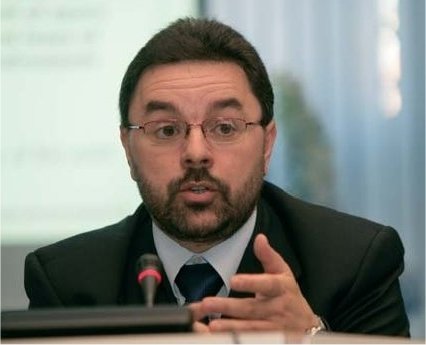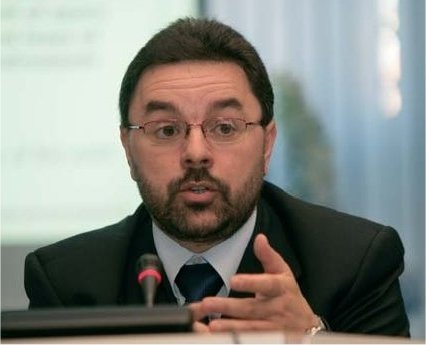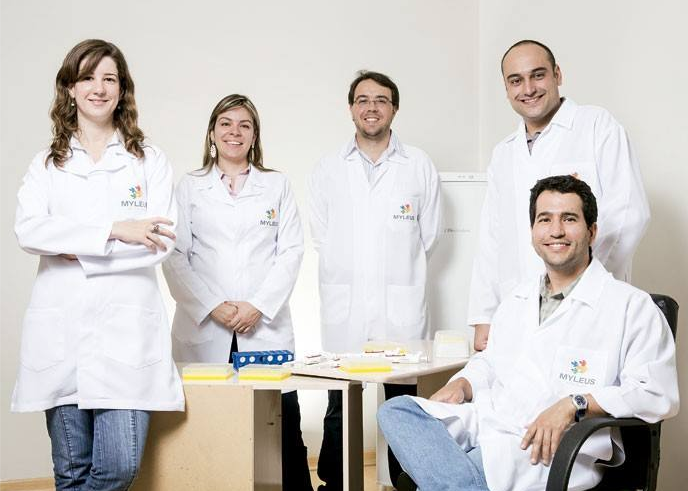 Brazil is currently going through an economic crisis. How can internationalization help companies in these tough times?
Brazil is currently going through an economic crisis. How can internationalization help companies in these tough times?
Fabrizio Conicella – The meaning of a crisis in a complex system, such as a country, is not only negative. A crisis is also a moment when it is possible to change habits and policies in order to explore untapped opportunities.
Brazil is in such a situation. Policies based on export of commodities and public investment had a strong role in changing the involvement of different segments of the population in the economy and redistribution of incomes. But Brazil has also great growth potential based on SMEs operating in medium to high tech sectors.
From a product typology point of view it means to move from low added value products and industrial sectors to higher added value products. A “multiple pillars” economic system where investment in traditional sectors are made alongside focused actions in medium to high tech sectors can be a way not only to cope with the crisis but also to explore global opportunities.
It is clear that such approach require a “Darwinian” methodology. The companies in high tech sectors have to be exposed to international competition in order to be really competitive. Local industrial ecosystems (such as clusters and technological parks) have to follow state of the art methodologies and practices. Companies have to be linked with partner and counterparts around the world and a more open approach to international collaboration has to be shared.
In the life science business, it is said that companies “are born global”. What does that mean?
Fabrizio Conicella – Health problems are global by definition. Science is a global affair. In such perspective biotech companies have to be global “from day one”.
Such situation is challenging: the “born global approach” is more complex not only from a managerial point of view, but also from a cultural point of view. Such approach requires, particularly for a SME, a partnership based approach that pushes it out of its comfort zone.
How different are the internationalization needs of SMEs and big companies? How do they use international cooperation for their development and growth?
Fabrizio Conicella – In the biotech sector, big companies have considerable knowledge to access the final market. In oversimplified terms, they are big enough to consider the world as a market and they are strong enough to be independent in their decision to enter in a particular country.
Big companies will seek partnerships in development steps where they are less competitive and this creates, in turn, collaborative spaces for SMEs, especially for those able to work on the early stages of product development and as service providers.
SMEs, on the other hand, have different needs. To develop and become international, they require support and help, they require the presence of favorable local conditions, they require specialized training and know-how. That is when their organization in clusters and technological parks play an important role.
This is the third time you visit Brazil. What is special about us?
Fabrizio Conicella – Brazil has a culture that is similar to the culture of my original country, Italy. I feel home. Brazil is a country that holds incredible opportunities and at the same time incredible paradoxes. This is absolutely stimulating.
Ainda não recebemos comentários. Seja o primeiro a deixar sua opinião.






Leave a Reply